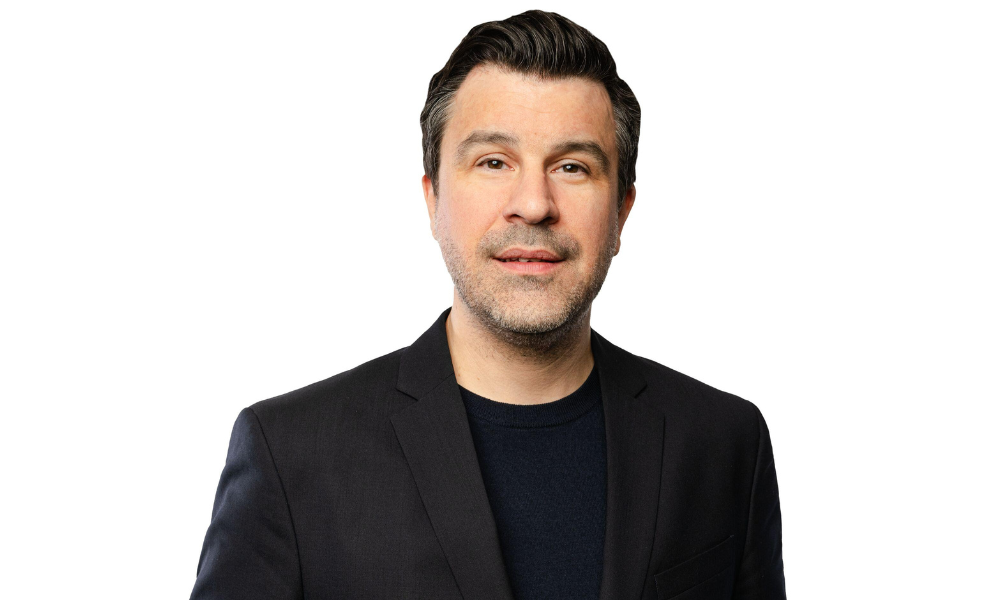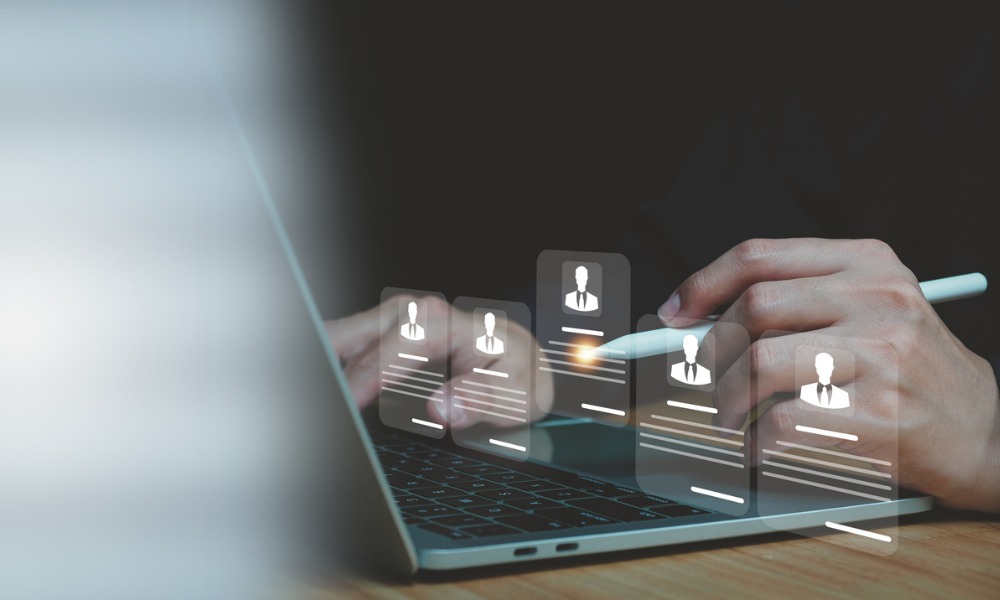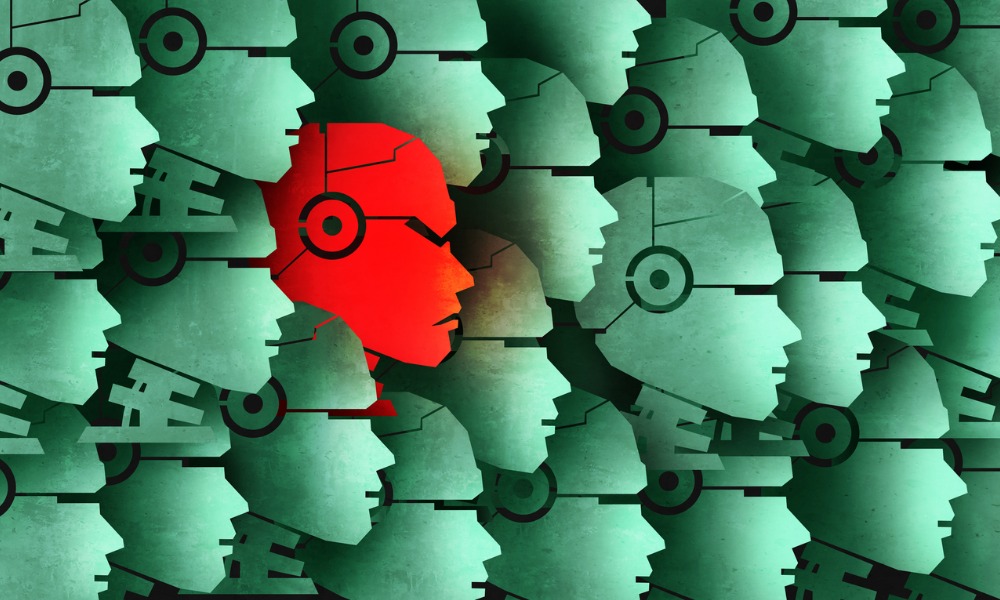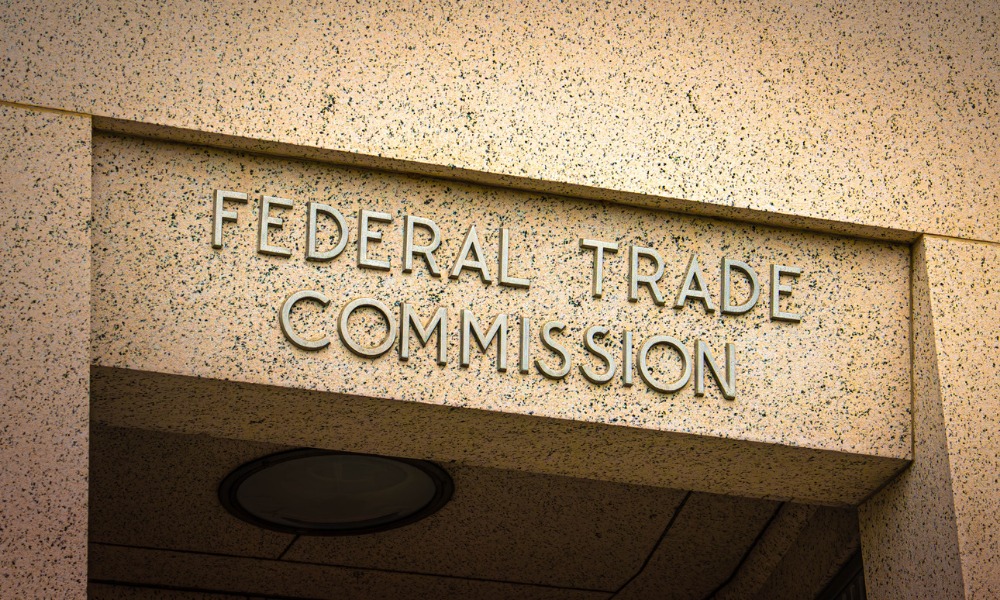Blueboard leader opens up about Ukrainian employees serving in the war against Russia

More than two-thirds (68%) of American workers say thinking about current global events has a negative impact on their mental health, according to a recent study by Blueboard, a San Francisco-based company that helps HR teams create rewards and recognition programs.
Considering the poll came before the school shooting in Texas, the Buffalo supermarket massacre and the Supreme Court’s decision on Roe v. Wade, you can only imagine how high the percentage is now.
For the team at Blueboard, tensions have been high for months. The company has an engineering hub in Ukraine and several leaders were drafted to serve in the army during the ongoing war with Russia. In fact, the company hosted a retreat earlier this year, flying a handful of Ukrainian engineers to California. Afterward, they spent a week vacationing in the United States before returning to their homeland. Within 48 hours, Russia invaded.
“It’s been incredibly stressful,” Kevin Yip, co-founder and chief operating officer at Blueboard, told HRD. “We’re really close with our Ukrainian employees. I’ve had dinner with their families during our annual trip there before the pandemic. This has connected me to something that feels on the other side of the world.”
The entire company has supported its Ukrainian colleagues, creating a GoFundMe for emergency supplies and travel expenses. It didn’t take long to surpass the $20,000 goal, and as of publication, the company has raised $28,320.
Read more: Simone Biles: ‘I knew I wasn’t in a good headspace’
With the war weighing on employees’ minds, Blueboard has made mental health the top priority. Investing in mental health benefits, the company has partnered with Spring Health to sponsor eight therapy sessions for each employee. Additionally, the company gives wellness stipends for its workers to take care of their needs.
As a company leader, Yip (a major advocate of therapy) has set the example that it’s okay for employees to focus on their wellbeing. During a recent all-hands meeting, he opened up about how he was feeling stressed and announced that he’d be taking a mental health day. No emails, no calls, no Slack. It could all wait until the next day.
“I’m saying I go through the same things as everybody else, which gives employees license to utilize a mental health day,” Yip says. “Acknowledging that it’s okay to be stressed or burnt out creates psychological safety. After that, you need time. Company leaders need to make sure they’re giving employees time and space to process what they’re feeling, along with structured benefits and support. That’s the formula for how a company should think about mental health.”
Because of Yip’s willingness to share how he’s feeling, his employees have no qualms about following suit. For example, the company’s director of content recently posted this out-of-office message: “This Mental Health Awareness Month, Blueboard gave every employee a mental health day—and today, I'm taking mine. I may be: sleeping in, deep cleaning my apartment, frolicking in a field, laying in a sunbeam, painting with my fingers, staring at flowers... the long and short is I'm offline, prioritizing my wellbeing. (Hope you can do the same this long—if you're in the U.S.—weekend.). I'll respond to your message as soon as I can when I'm back in office next Tuesday.”
More than half (52%) of American workers believe that their employer isn’t doing enough to support employees' mental health with the potential stress related to current global events, according to the Blueboard study. Furthermore, only 29% say that their employer has increased their mental health support due to everything that’s been happening around the country and the world over the past few months.
Yip understands how employees feel when their employers don’t value their mental health. As a matter of fact, that’s how Blueboard came to exist.
Working as an accountant at PricewaterhouseCoopers (PwC), Yip had to burn the midnight oil during the year-end audits. Due to a couple of colleagues quitting, he was stuck working 90–100-hour weeks for about two and a half months. By the end of the hellscape, he gained 20 pounds and his girlfriend was on the verge of breaking up with him.
“My manager came up to me and said, ‘Kevin, amazing job, you literally carried this project. My partner and I want to thank you.’ She placed an Amex gift card on my desk and walked away. It was the straw that broke the camel’s back,” Yip says.
“Instead of feeling valued, appreciated and that the work was worth it, I felt this was super impersonal and really transactional. Imagine if my manager said, ‘I know you’ve been frustrated with your health, so we got you a boxing membership to the gym around the corner because we know you love boxing.’ Or if they paid for a date night with my girlfriend. It’s the same cost as the gift card, but more personal and gives me some time back to my personal life.”
At the time, his friend Taylor Smith was working for another large company and had experienced a similar situation. That’s when they decided to launch Blueboard, helping companies create memories for their employees through experiences, such as learning to surf in Hawaii or taking the kids to Disneyland. Last year, the company facilitated more than 30,000 people having experiences in more than 70 countries.








